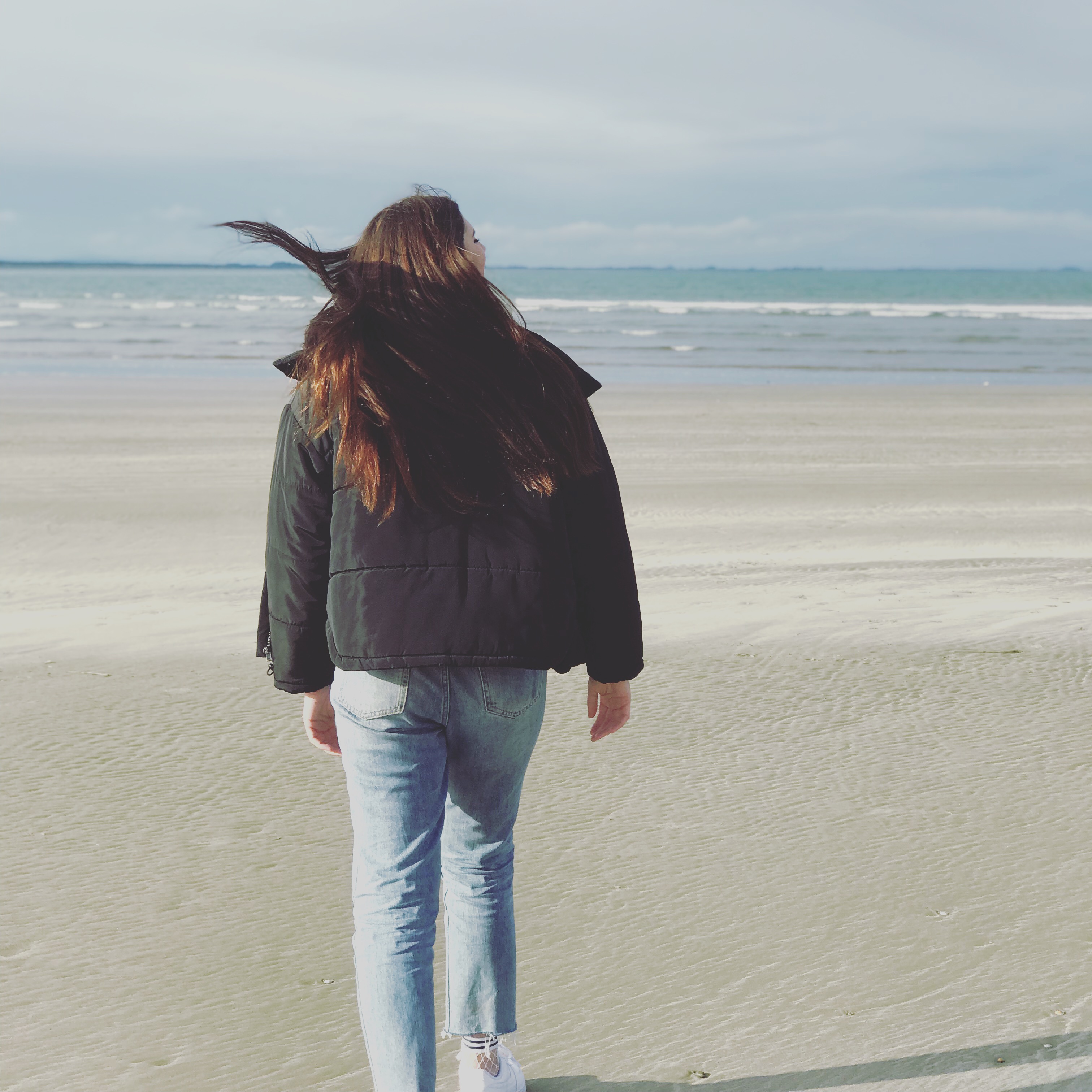The importance of setting- chapter 1 to 11
SOCIAL: castes low/ Hazara high/ Pashtun HISTORICAL: before and after the Russian invasion CULTURAL: islamic country POLITICAL: baba was a powerful figure in Kabul society Explain the importance of the setting (historical, social, cultural, political), and its influence on how the narrator/ amir tells his story. Chapters 1 to 11 of the kite runner are set Kabul, before the Russian invasion. The story is told by Amir, the main character as a young boy. He shares his life before the defining moment of Hassan’s rape and how that experience changed his life. This is a story of redemption and remorse, guilt and self hatred. A boy, grown into a man still hating his own guts.
In Kabul, Afghanistan there is a classed social system. Instead of equality like in many other countries , you are ranked a social status by what type of caste you are, Pashtun or Hazara. The importance of the text being set in a middle eastern country is to display the contrast between their life before the Russian invasion and their life now and the importance of conveying the caste system is to compare Amir and Hassan, their relationship and why they could never be called, “friends”.
Because the story is set in afghanistan and told from the point of view of a local boy, we learn aspects of a different society- islamic religion, the class system in Afghani society, local festivales and activities, especially the sport of kite running. We are also exposed to numerous Farsi and islamic words and phrases, which adds cultural depth and authenticity to Amirs voice.
We also see life in Kabul disrupted by the overthrow of the monarchy, then the Russian invasion which eventually leads to Baba and Amir having to flee Afghanistan and move to America as refugees.
“I took the form and turned it in. That night, I waited until Baba fell asleep, and then folded a blanket. I used it as a prayer rug. Bowing my head to the ground, I recited half-forgotten verses from the Koran – verses the mullah had made us commit to memory in Kabul – and asked for kindness from a God I wasn’t sure existed. I envied the mullah now, envied his faith and certainty.”
“Never mind any of those things. Because history isn’t easy to overcome. Neither is religion. In the end, I was a Pashtun and he was a Hazara, I was Sunni and he was Shi’a, and nothing was ever going to change that. Nothing.”
“Afghanistan is the land of Pashtuns. It always has been, always will be. We are the true Afghans, the pure Afghans, not this Flat-Nose here. His people pollute our homeland, our watan. They dirty our blood.” He made a sweeping, grandiose gesture with his hands. “Afghanistan for Pashtuns, I say. That’s my vision.”
